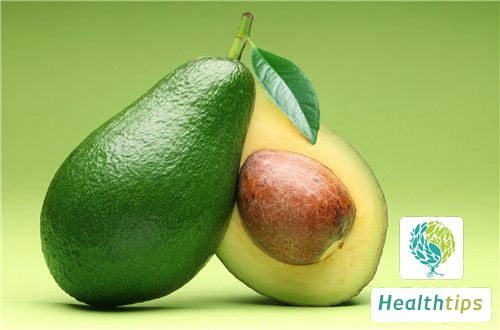What are the symptoms of helicobacter infection?
Helicobacter pylori infection is merely a phenomenon, which does not necessarily indicate illness. The simplest early infection may cause acute gastritis, with symptoms such as stomach pain, nausea, and loss of appetite. Prolonged infection may lead to increased acid secretion, resulting in peptic ulceration in some patients. These patients may experience typical symptoms such as regular, seasonal upper abdominal pain.

Helicobacter pylori is a spiral-shaped, microaerophilic bacterium with stringent growth requirements. It was first successfully isolated from gastric mucosal biopsy tissue of patients with chronic active gastritis in 1983 and is currently the only known microorganism capable of surviving in the human stomach.
Notes:
- Prior to the examination, the patient should fast for 12 hours.
- The evening before the examination, the patient should avoid eating greasy food and alcohol.
During the examination, no special attention is required. Relax and cooperate with the examination.
After receiving the examination results, consult with the attending doctor promptly to avoid delays in treatment.



















